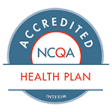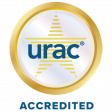Appeal
A request for your managed care organization to review a denial or a grievance again.
Complaint
A grievance that you communicate to your health insurer or plan.
Copayment
A fixed amount (for example, $15) you pay for a covered health care service, usually when you receive the service. The amount can vary by the type of covered health care service.
Durable Medical Equipment (DME)
Equipment and supplies ordered by a health care provider for everyday or extended use. Coverage for DME may include: oxygen equipment, wheelchairs, crutches, or blood testing strips for diabetics.
Emergency Medical Condition
An illness, injury, symptom, or condition so serious that a reasonable person would seek care right away to avoid harm.
Emergency Medical Transportation
Ground or air ambulance services for an emergency medical condition.
Emergency Room Care
Emergency services you get in an emergency room.
Emergency Services
Evaluation of an emergency medical condition and treatment to keep the condition from getting worse.
Excluded Services
Health care services that your health insurance or plan doesn’t pay for or cover.
Grievance
A complaint to your health insurer or plan.
Habilitation Services and Devices
Health care services such as physical or occupational therapy that help a person keep, learn, or improve skills and functioning for daily living.
Health Insurance
A contract that requires your health insurer to pay your covered health care costs in exchange for a premium.
Home Health Care
Health care services a person receives in a home.
Hospice Services
Services to provide comfort and support for persons in the last stages of a terminal illness and their families.
Hospitalization
Care in a hospital that requires admission as an inpatient and usually requires an overnight stay.
Hospital Outpatient Care
Care in a hospital that usually doesn’t require an overnight stay.
Medically Necessary
Health care services or supplies needed to prevent, diagnose, or treat an illness, injury, condition, disease or its symptoms and that meet accepted standards of medicine.
Network
The facilities, providers, and suppliers your health insurer or plan has contracted with to provide health care services.
Non-participating Provider
A provider who doesn’t have a contract with your health insurer or plan to provide covered services to you. It may be more difficult to obtain authorization from your health insurer or plan to obtain services from a non-participating provider, instead of a participating provider. In limited cases such as there are no other providers, your health insurer can contract to pay a non-participating provider.
Participating Provider
A Provider who has a contract with your health insurer or plan to provide covered services to you.
Physician Services
Health care services a licensed medical physician (M.D. – Medical Doctor or D.O. – Doctor of Osteopathic Medicine) provides or coordinates.
Plan
A benefit, like Medicaid, to pay for your health care services.
Pre-authorization
A decision by your health insurer or plan before you receive it that a health care service, treatment plan, prescription drug, or durable medical equipment is medically necessary. Sometimes called prior authorization, prior approval, or pre-certification. Preauthorization isn’t a promise your health insurance or plan will cover the cost.
Premium
The amount that must be paid for your health insurance or plan.
Prescription Drug Coverage
Health insurance or plan that helps pay for prescription drugs and medications.
Prescription Drugs
Drugs and medications that by-law require a prescription.
Primary Care Physician
A physician (M.D. – Medical Doctor or D.O. – Doctor of Osteopathic Medicine) who directly provides or coordinates a range of health care services for a patient.
Primary Care Provider
A physician (M.D. – Medical Doctor or D.O. – Doctor of Osteopathic Medicine), nurse practitioner, clinical nurse specialist, or physician assistant, as allowed under state law, who provides, coordinates, or helps a patient access a range of health care services.
Provider
A physician (M.D. – Medical Doctor or D.O. – Doctor of Osteopathic Medicine), health care professional, or health care facility licensed, certified, or accredited as required by state law.
Rehabilitation Services and Devices
Health care services such as physical or occupational therapy that help a person keep, get back or improve skills and functioning for daily living that have been lost or impaired because a person was sick, hurt or disabled.
Skilled Nursing Care
Services from licensed nurses in your own home or in a nursing home.
Specialist
A physician specialist focuses on a specific area of medicine or a group of patients to diagnose, manage, prevent or treat certain types of symptoms and conditions.
Urgent Care
Care for an illness, injury or condition serious enough that a reasonable person would seek care right away, but not so severe as to require emergency room care.






